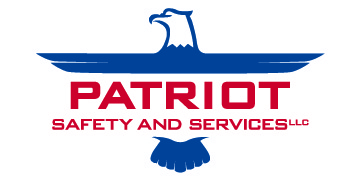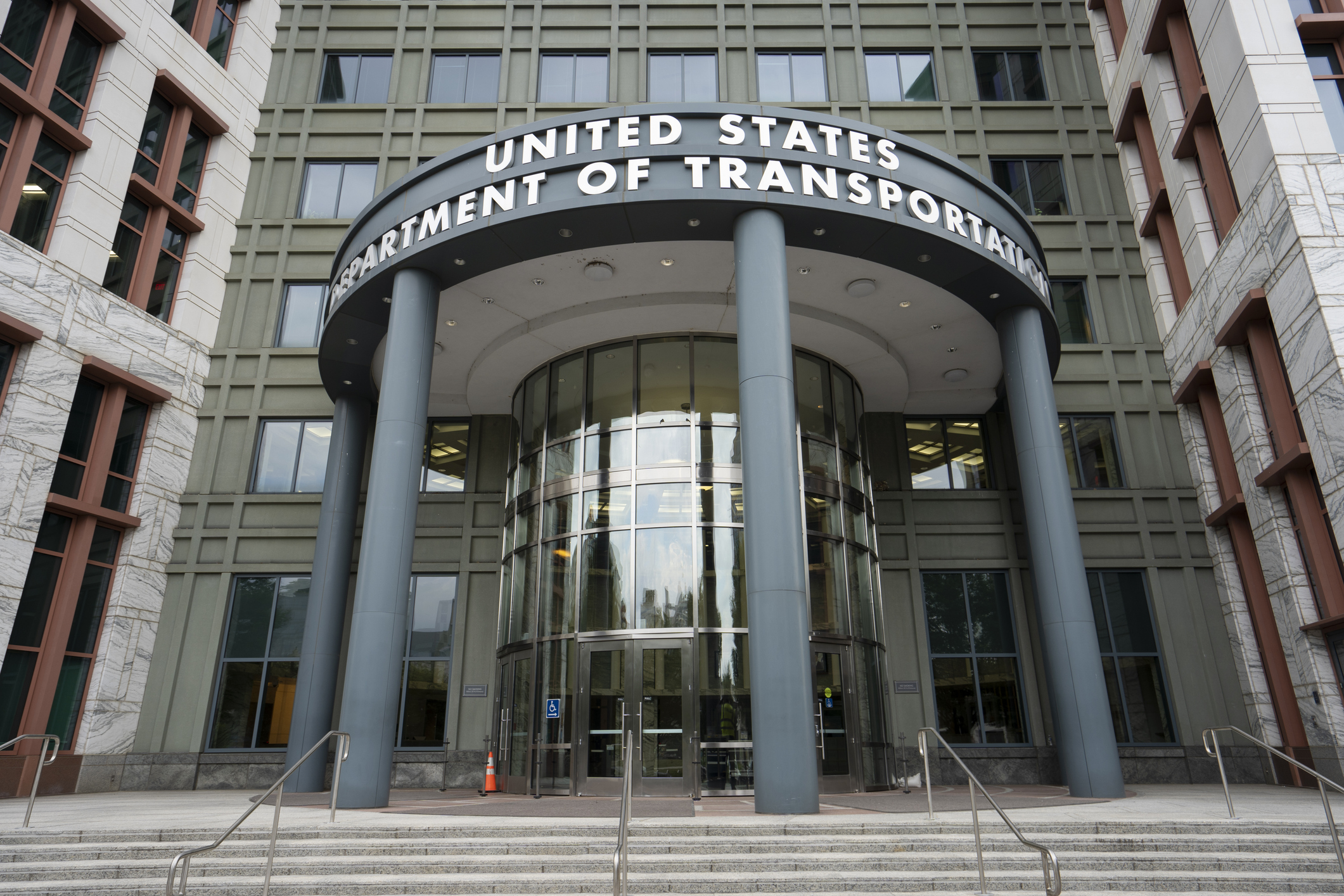The Expanding Role of Criminal Background Checks in Workforce Management
Across industries, hiring has become more than a function of filling open roles—it’s a strategic decision with implications for workplace safety, legal compliance, and brand reputation. Criminal background checks offer employers a practical and legally supported method for evaluating whether a candidate’s history is compatible with the requirements and risks of a given position. Far from being a formality, criminal background checks are now an essential part of modern workforce management strategies.
Employers in transportation, construction, healthcare, education, logistics, and corporate services are especially reliant on criminal background checks because of the safety-sensitive or high-trust nature of their operations. These businesses understand that one oversight in the hiring process can lead to serious consequences, including injury, theft, liability, or reputational damage. Criminal background checks provide a structured and consistent method for identifying red flags before they evolve into workplace problems.
Criminal background checks are not about penalizing past mistakes—they are about protecting the people, property, and values that keep an organization running smoothly. By integrating criminal background checks into the hiring process, employers can make informed decisions and foster a workplace culture based on accountability and transparency.
How Criminal Background Checks Help Identify Role-Specific Risk
The scope and function of criminal background checks can vary depending on the nature of the job being filled. For example, a commercial driver operating hazardous materials needs to be evaluated for a very different risk profile than a data entry specialist. Criminal background checks allow employers to tailor the screening criteria based on the role’s responsibilities, access, and potential exposure to risk.
Criminal background checks commonly include searches at the county, state, and federal levels. These searches may uncover convictions for theft, assault, fraud, drug offenses, or other behaviors that suggest a potential safety or liability risk. For jobs that involve financial oversight, criminal background checks can identify fraud or embezzlement charges. For positions that require access to homes, schools, or healthcare environments, criminal background checks help uncover histories that could compromise client or patient safety.
In every case, the use of criminal background checks must be guided by relevance. A decade-old misdemeanor unrelated to the position may not be disqualifying, but a recent felony conviction directly related to job duties may require further review. Employers who use criminal background checks with context, fairness, and consistency reduce bias while still protecting organizational interests.
Compliance Obligations Tied to Criminal Background Checks
Employers conducting criminal background checks must do so in accordance with federal and state laws, most notably the Fair Credit Reporting Act (FCRA). The FCRA requires that employers notify candidates in writing of their intent to run a background check, obtain explicit consent, and provide appropriate notice if adverse action will be taken based on the findings. This legal framework ensures that criminal background checks are not only accurate but handled with fairness and transparency.
The Equal Employment Opportunity Commission (EEOC) further advises that employers consider the nature of the offense, the time elapsed since the conviction, and its relevance to the role. Employers are expected to perform an individualized assessment rather than apply blanket exclusions based on criminal records. This protects applicants from unfair discrimination while allowing companies to maintain standards of safety and trust.
Criminal background checks that follow these guidelines help employers remain compliant while still using data-driven screening practices. The key is documentation. Employers should clearly define their screening policies, apply them consistently, and maintain records to demonstrate that each hiring decision was made fairly and lawfully.
Criminal Background Checks as a Risk Mitigation Strategy
Every hiring decision carries a level of uncertainty, but criminal background checks provide a proven method for reducing that uncertainty. When employers fail to screen candidates appropriately, they open themselves up to potential negligent hiring claims. If an employee causes harm and it is later discovered that a background check would have revealed a relevant criminal history, the employer could be held legally responsible.
Criminal background checks serve as documented proof that an employer took reasonable steps to prevent foreseeable harm. These records are not just useful in defending against legal action—they also support audits, insurance claims, and contract eligibility. For companies in regulated industries, criminal background checks are often required to meet licensing, client, or government contracting standards.
Employers who integrate criminal background checks into their onboarding process benefit from lower legal risk, stronger defense against litigation, and improved operational control. The result is a safer, more stable business environment that protects employees, clients, and company assets.
Improving Hiring Accuracy With Criminal Background Checks
Criminal background checks don’t just prevent poor hiring decisions—they also contribute to better matches between candidates and roles. When employers have access to complete and verified background information, they can have more confident conversations with candidates about job expectations, prior history, and professional fit.
Criminal background checks also support structured decision-making. Rather than relying solely on interviews or references, which can sometimes be misleading or incomplete, employers can use verified data to evaluate whether a candidate’s past behavior aligns with company policies and the needs of the role.
This consistency leads to better hiring outcomes and increased retention. Employees hired through a process that includes comprehensive screenings are more likely to meet performance standards and support the safety culture of the organization. Over time, this helps build a more productive and cohesive team.
How Criminal Background Checks Contribute to Workplace Culture
A workplace where criminal background checks are part of the hiring process sends a strong message about integrity, responsibility, and fairness. Employees know that everyone has been vetted through the same process, creating a level playing field and reinforcing mutual trust.
Criminal background checks also support leadership’s commitment to safety and professionalism. When leaders take proactive steps to screen new hires, it fosters a culture of accountability that extends to job performance, conduct, and collaboration. This type of culture not only reduces incidents—it also improves morale and job satisfaction.
Clients and business partners also take notice. In industries where workers interact directly with customers, visit homes, or handle sensitive materials, having a vetted workforce is a clear competitive advantage. Criminal background checks provide external validation that your team can be trusted with high-stakes responsibilities.
Patriot Safety and Services Offers Reliable Criminal Background Checks
At Patriot Safety and Services, we deliver criminal background checks that are compliant, efficient, and tailored to the needs of high-risk and regulated industries. We understand the importance of balancing speed with accuracy, and we help employers make fast decisions without cutting corners.
Our criminal background check services are conducted using multi-jurisdictional searches that access county, state, and federal databases. We also offer identity verification, Social Security validation, and optional motor vehicle reports when required by the role. Our services are integrated with other screening tools, including DOT drug testing, physical exams, and pre-employment assessments.
We also help employers develop written screening policies, define role-specific disqualifications, and maintain documentation that supports regulatory compliance. Whether you’re screening a single candidate or scaling up for a new contract, our background checks are built to support your hiring goals.
Criminal Background Checks as a Foundation for Future Success
Criminal background checks are more than a hiring tool—they are a long-term investment in your workforce, brand, and legal standing. By evaluating candidates with fairness, consistency, and attention to compliance, employers reduce their risk and strengthen their teams.
As regulations become more stringent and clients demand greater accountability, criminal background check are a proactive way to show that your business takes safety and hiring integrity seriously. With the right screening protocols in place, you’re not just meeting the standard—you’re setting it.





